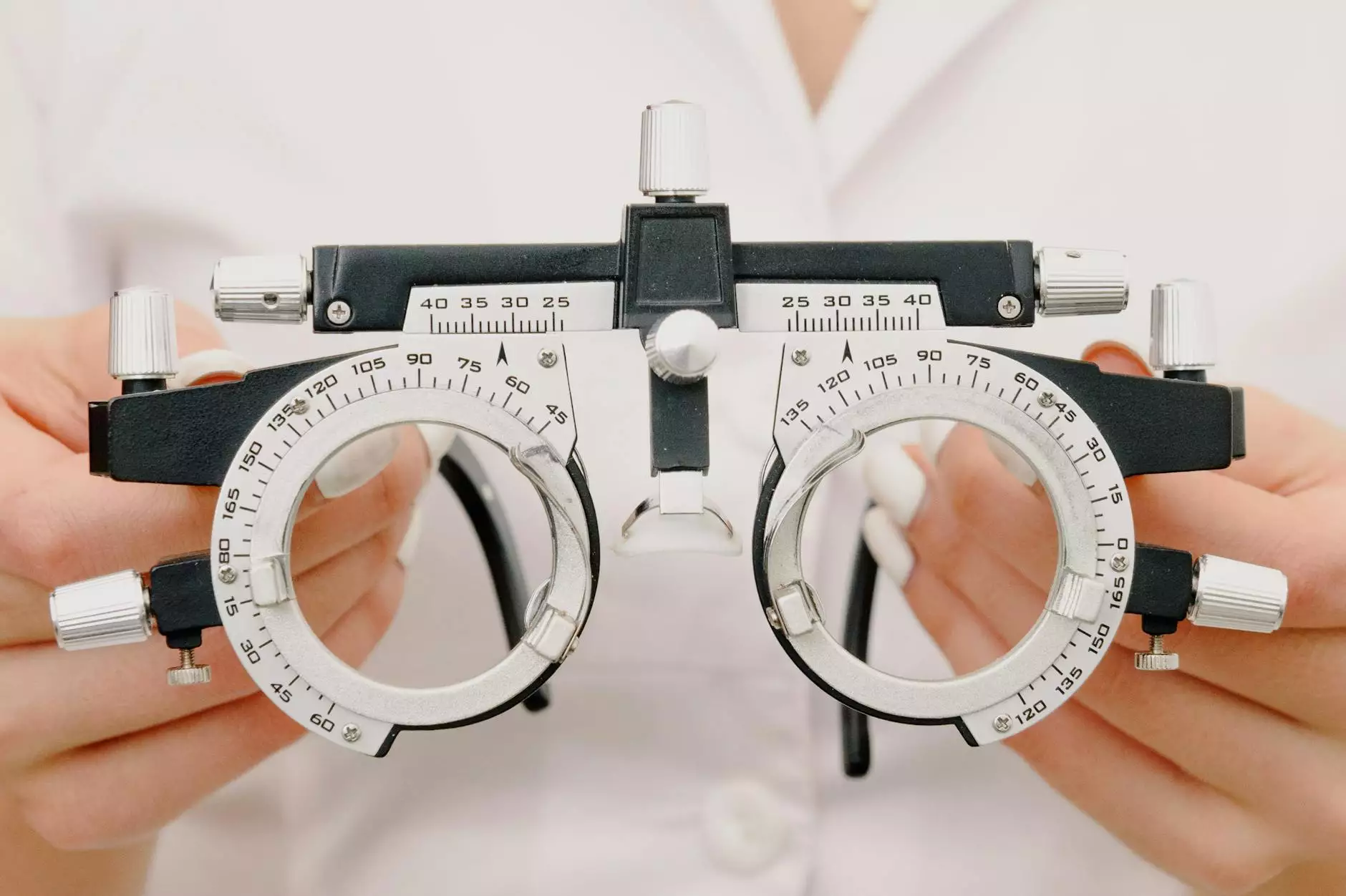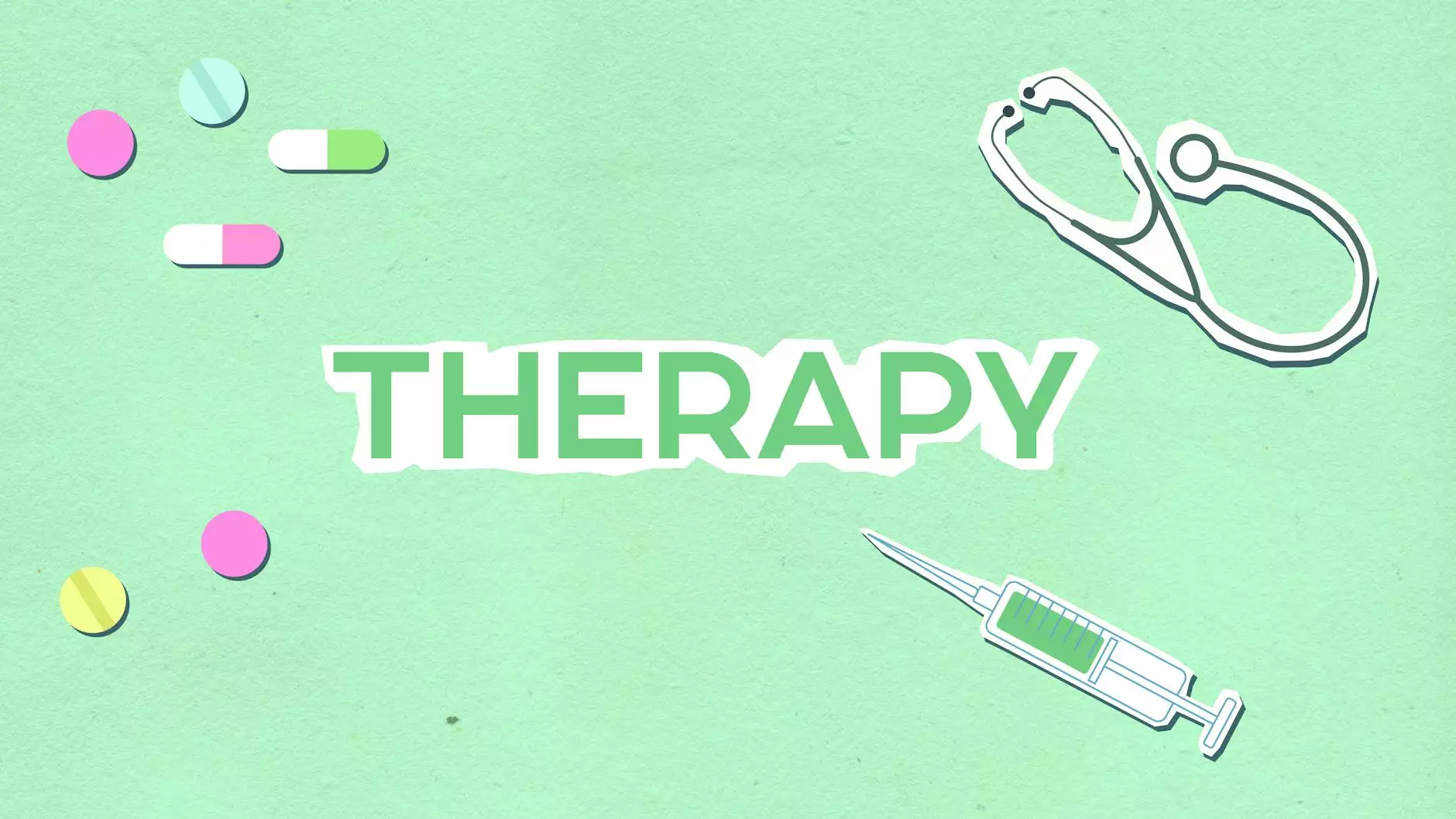Benefits of Separation of Solid Waste for Health & Medical Diagnostic Services

Scanacon US is a leading name in the health and medical industry, providing diagnostic servicesand solutions to healthcare organizations. In this article, we will explore the importance of solid waste separation within the healthcare sector and how Scanacon US can help businesses improve their waste management practices.
The Significance of Solid Waste Separation
Effective solid waste separation plays a critical role in promoting sustainable development, reducing environmental pollution, and fostering a clean and healthy environment. The healthcare industry specifically faces unique challenges in waste management.
Hospitals, clinics, and diagnostic centers generate substantial amounts of waste on a daily basis, including both biomedical waste and non-biomedical waste. Biomedical waste consists of potentially infectious materials like sharps, expired medicines, pathological waste, etc., while non-biomedical waste includes items like paper, plastic, and food waste.
Proper separation of these waste streams is crucial to maintain a safe environment for healthcare professionals, patients, and the community as a whole. By implementing effective waste management practices like solid waste separation, businesses can experience a range of benefits.
1. Environmental Sustainability
Adopting solid waste separation practices greatly contributes to environmental sustainability. By segregating waste into different categories, healthcare organizations can enable effective recycling, reduce their carbon footprint, and minimize the volume of waste ending up in landfills.
Recycling plays a vital role in conserving natural resources and reducing energy consumption. It helps in the production of new products using recycled materials, contributing to a circular economy. Through proper management and waste separation, healthcare facilities can play an active role in preserving our planet for future generations.
2. Improved Efficiency and Resource Allocation
Implementing solid waste separation strategies leads to improved efficiency in waste management processes. By separating waste at the source, healthcare organizations can streamline their disposal methods and allocate resources more effectively.
Separating waste into different categories enables better identification of the waste type, allowing for specific treatment and disposal methods. This saves time, minimizes disposal costs, and optimizes resource allocation.
3. Compliance with Regulatory Standards
The healthcare industry is subject to various regulations and guidelines regarding waste management. By implementing solid waste separation practices as part of their waste management protocols, healthcare organizations can ensure compliance with regulatory standards.
Non-compliance with waste management regulations can lead to legal consequences and damage an organization's reputation. Scanacon US offers comprehensive solutions and expertise to help healthcare facilities maintain compliance, protecting them from potential legal and reputational risks associated with improper waste handling.
4. Enhanced Workplace Safety
Effective solid waste separation promotes a safer work environment for healthcare professionals. By segregating infectious waste from non-hazardous waste, the risk of cross-contamination and infections is significantly reduced.
Healthcare workers who handle waste regularly are exposed to potential hazards. By implementing proper waste management practices, businesses prioritize the safety and well-being of their staff, reducing the likelihood of occupational accidents and illnesses.
5. Community Health and Public Perception
Adhering to proper waste management practices, including solid waste separation, demonstrates a commitment to community health and well-being. Healthcare organizations that actively contribute to environmental preservation and sustainability foster a positive public perception.
By selecting Scanacon US as your waste management partner, you ensure that your business participates in responsible waste management practices, positively impacting the well-being of society and the environment.
Conclusion
The separation of solid waste is crucial for healthcare organizations within the health and medical diagnostic services sector. Adopting effective waste management practices not only ensures regulatory compliance but also leads to improved efficiency, environmental sustainability, workplace safety, and enhanced public perception.
Scanacon US offers advanced waste management solutions specifically designed for the healthcare industry. By partnering with Scanacon US, healthcare organizations can optimize their waste management processes, mitigate environmental impacts, and contribute to a greener and healthier future.
Take the first step towards achieving efficient and sustainable waste management today – contact Scanacon US at www.scanaconus.com and let our experts guide you towards a more environmentally conscious future.









